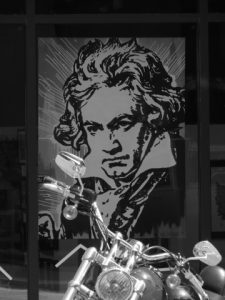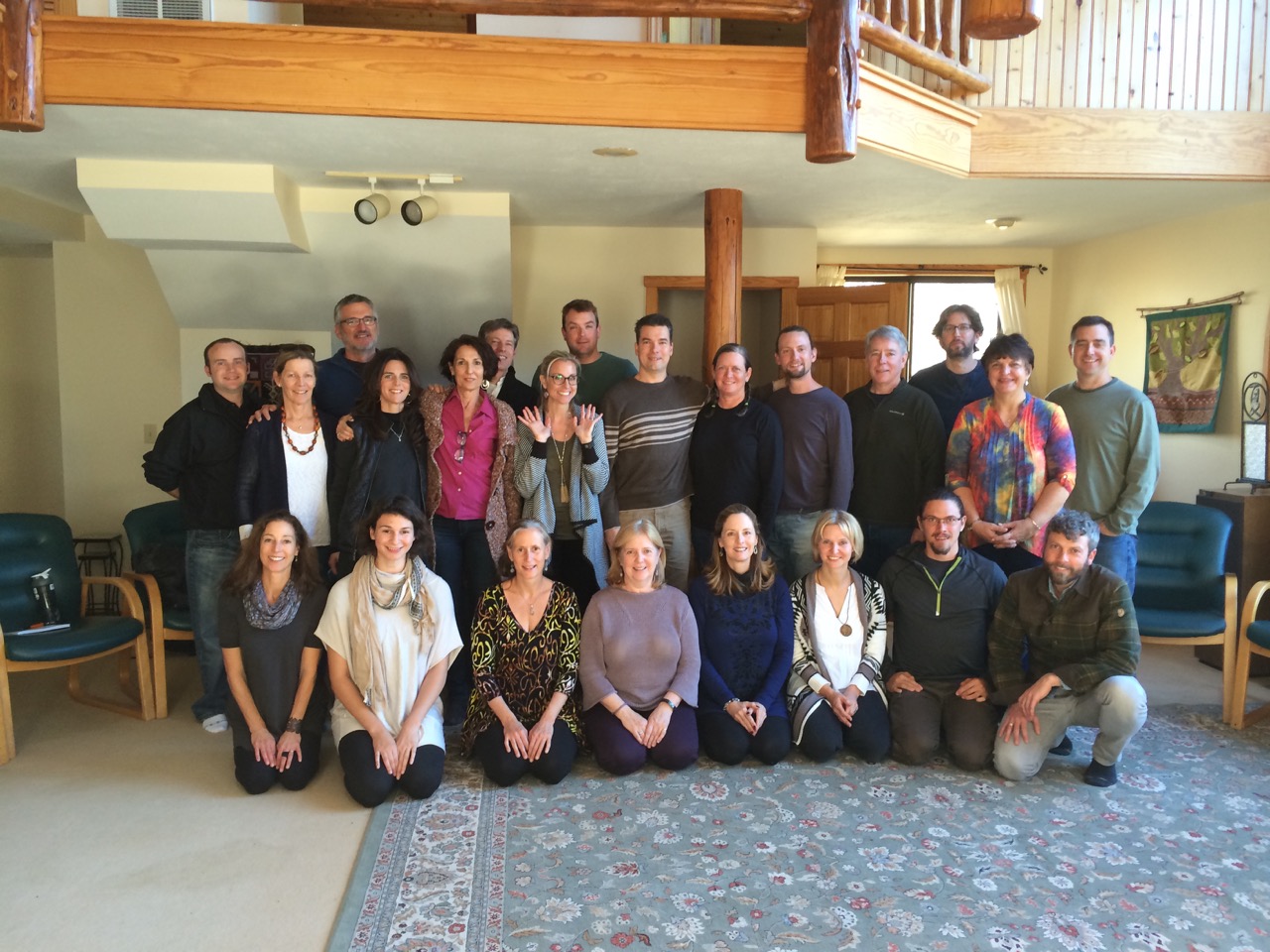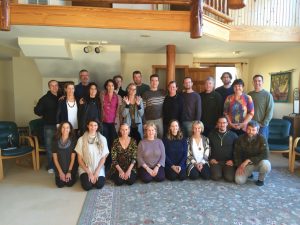

We experience situations as difficult when they call into question our sense of who we are.
Among most of the people I know, domestically and overseas, there is a sense of outrage about last week’s election. Among others, there is presumably a sense of vindication, of optimism, of finally being heard. Both of those responses are understandable. Both sets of people are equally convinced that they are in possession of the truth. Our response to the election is determined by its resonance with our identity, with our very sense of self.
“Challenging” isn’t a descriptor of the situation so much as a descriptor of our perspective on the situation. Our responses in complexity are often determined, in ways that are both debilitating and invisible to us, by our perspective.
We might believe that things should be otherwise. We tell ourselves: “I should have predicted this.” “I should be able to control this situation or solve that problem.” “I should be up to this challenge.”
When we believe these things, we will likely experience our situation as frustrating. Our identity feels on the line. We may tighten down and work harder. Paradoxically, these very understandable responses may make it harder to actually change the situation.
When we see that the situation is inherently unpredictable and uncontrollable, we relax. And, paradoxically, this relaxation can make it easier to see and make new moves. Being present to how our identity is being triggered is a key to this most useful relaxation and acceptance.

Let’s explore the notion of identity, and see where this leads us.
Our identity was formed early in life as we sought to discover how to survive and thrive in families of origin that were universally less than perfect. As young children, we navigated this less-than-ideal circumstance. We shaped ourselves to get what we needed from life, and to differentiate ourselves as a person. Successful strategies become embodied in our personality, and eventually come to define us.
(It’s fun to watch my four year old grandson, Max, doing this…. the amount of will this little guy possesses, and is willing to assert in pursuit of what he wants or doesn’t want at a particular time, is absolutely astounding! He is a force to be reckoned with!)
Identity is how a developing human becomes solidified as a personality. Our deepest drives feed a relentless, unconscious, and automatic life-long process of constructing and defending our identity.
The Buddhist notions of attachments and aversions speak to this. They are the self-correction mechanisms that keep identity in place. They are the underlying drivers of behavior.
Attachments are the pulls towards something (a glass of wine, the admiration of others, solving a problem) that gives us positive experiences. Attachments are what advertisements trigger when they pitch make-up, drugs, vacations, or a candidate that tells us what we want to believe, even if it doesn’t make rational sense. As leaders, getting things done is supported by our attachments to action and results, to being successful.
Aversions, on the other hand, are the instinctual mechanisms of avoidance. Originally designed to help us avoid predators, they work just as well as drivers to help us avoid embarrassment, looking stupid, or whatever our particular definition of failure might be.

Bottom line? We seek what we are attached to. We avoid what we have aversions to. Underneath, and preceding, every behavior and action is an attachment or an aversion. Look and you will see them. They are the internal self-correction mechanisms through which we organize ourselves in life to keep our identity intact.
So, back to complexity and suffering. Situations that are VUCA (volatile, uncertain, complex and ambiguous) challenge our identity as someone who can control events or make things happen.
Complexity activates our attachments and aversions. We are attached to solving the problem or making progress or achieving results (because our identity is linked to those things happening.) And, we have an aversion to looking inadequate or failing or staying stuck (because our identity is linked to those things not happening.)
Our experience of a complex environment is, in fact, directly correlated with the identity we have built over a lifetime, and now finds itself challenged by the very complexity in which we are leading.
Similarly, our view of the election results depends on our whether our identity is being affirmed by the victor’s rhetoric. If it is, our attachments are triggered: we feel seen and our energy and optimism increase. Our identity responds to these messages, and we move towards the victor.
If, on the other hand, our identity is threatened by the victor’s rhetoric, our response is very different. Our aversions will be triggered if we belong to any of the many groups he has insulted, or if our values and the people and things we care about are threatened.

Unfortunately our biological tendency when our identity is under threat is to tighten down, do more, and work harder. Paradoxically, as we shall see in subsequent blog posts, these may be exactly the wrong things to do when we are operating in complexity. Tightening down and working harder are the instinctual responses to identity threats, but they can make it more difficult to navigate fluidly and creatively and compassionately in complexity. Acting in complexity with conventional, identity-preserving behaviors often makes the situation more difficult, and real progress more elusive.
When our identity needs, and the attachments and aversions that keep them intact, are invisible to us, they sabotage our effectiveness as leaders in countless ways, small and large. This is true whether the situation is big (like the US election) or small (a difficult conversation with a loved one) or in between (like the teams and organizations we lead.)
We can learn to see how our identity is being triggered by the situations we are in. And, we can learn to stay present with the attachments and aversions that arise in response to our situation, no matter how strong they are. This is the key to resilience and choice.
- How does your current context challenge your identity? What risks do you experience, personally, in this situation?
- How does your current context enliven and invite you to be your best?
- What attachments do you recognize? What aversions? How do you experience these as reactions to complexity and unpredictability?



